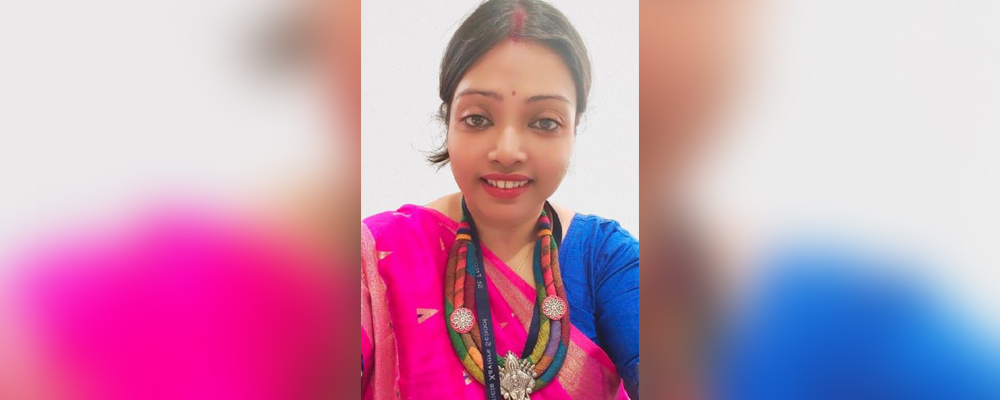-
Email Us
info@stfxonline.com -
Call Us
+91 033 2335 0584/9108 -
Call Us
+919330082228
Email Us
info@stfxonline.comCall Us
+91 033 2335 0584/9108Call Us
+919330082228
April 17th, 2025
In today’s hyper-connected, fast-paced world, we are witnessing an increasingly noticeable trend: the growing traces of unmindfulness among children. Where once kids could spend hours absorbed in nature, reading, or imaginative play, many now flit from one distraction to another, rarely anchored in the present moment. This shift isn’t just anecdotal—it’s a rising concern among educators, mental health professionals, and parents alike.
Unmindfulness in children manifests in subtle but significant ways. Shortened attention spans are becoming the norm, not the exception. Teachers often report students struggling to concentrate in class or constantly needing redirection. At home, parents see their children zoning out during conversations or multitasking ineffectively, like watching TV while doing homework.
Emotional outbursts and impulsivity are also on the rise. Without mindfulness, children are less likely to pause, reflect, or recognize their feelings before reacting. This can affect friendships, academic performance, and even self-esteem.
One of the biggest culprits is the digital age. The constant stream of entertainment, instant gratification from apps and games, and the pull of social media (even for younger kids) are reshaping how children’s brains engage with the world. These tools aren’t inherently bad, but overexposure without balance often leads to overstimulation and decreased self-awareness.
Add to this the over-scheduled lifestyles many children lead—bouncing from school to tutoring to extracurriculars, with barely a moment to breathe—and you have a recipe for disconnection from the present moment.
Even adult behavior plays a role. Children model what they see. If parents are glued to their phones, distracted during meals, or constantly multitasking, kids absorb those habits and internalize them as normal.
Unmindfulness isn’t a permanent state—it’s a habit that can be gently redirected. By slowing down and guiding children to tune in to the here and now, we empower them to lead more balanced, joyful, and connected lives. The world will only grow faster and noisier—it’s our job to help the next generation navigate it with presence and purpose.
By [Papiya Ghosh Dutta, Assistant Teacher.]